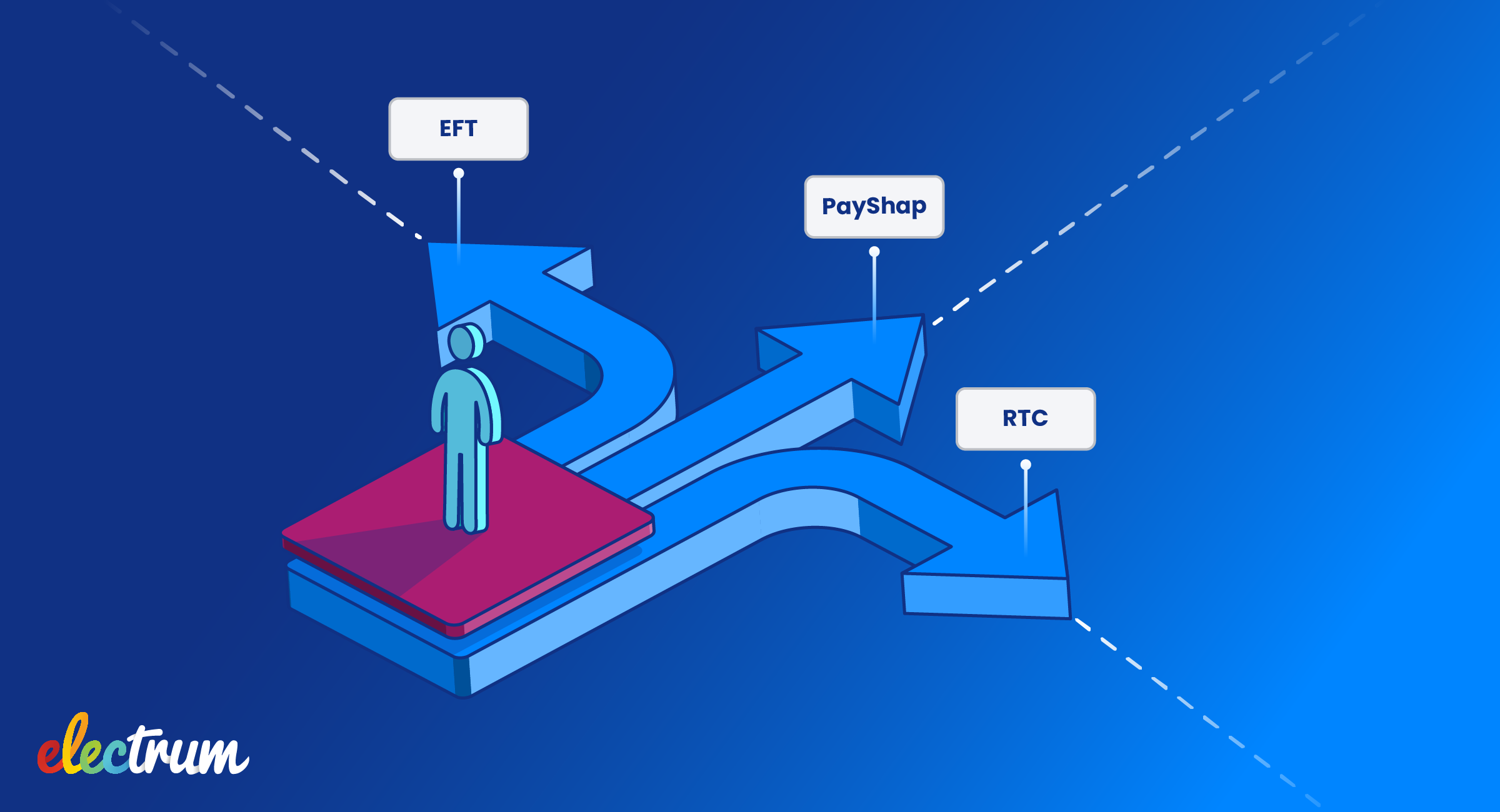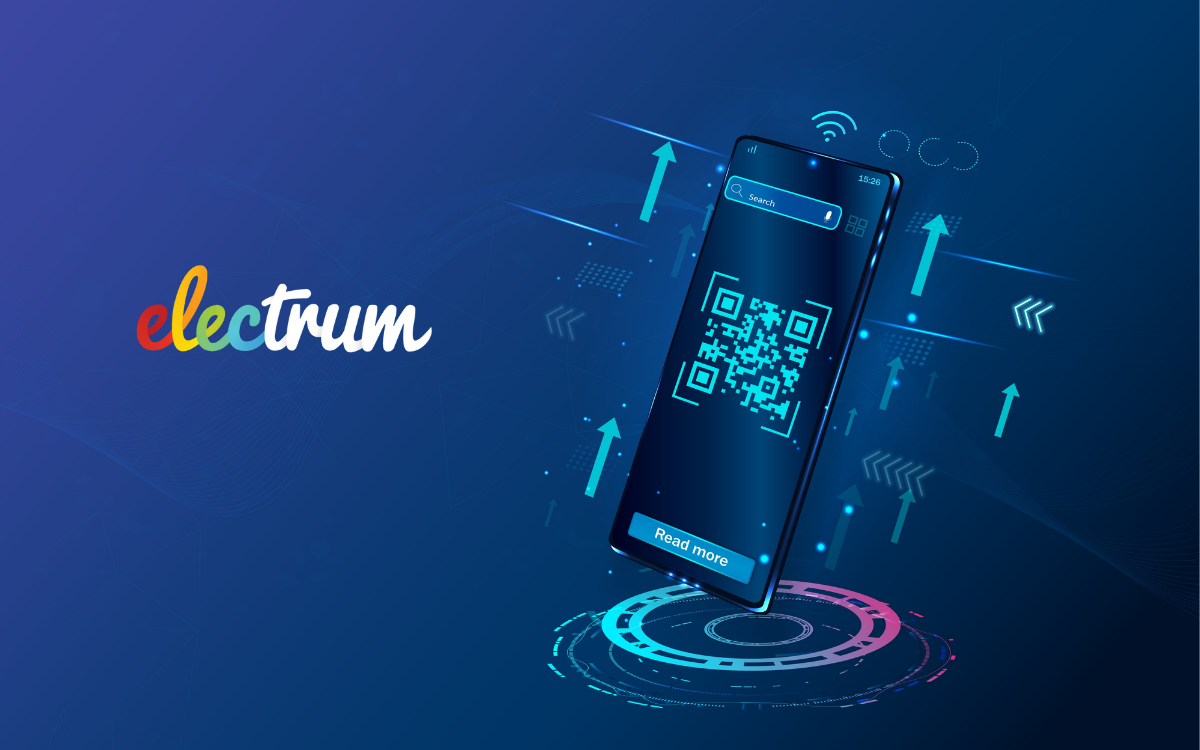
In August BankservAfrica announced a mandatory increase in PayShap transaction limits; a development that creates exciting opportunities for the consumer. These new limits will impact how we engage with the payment rail, but what does it mean for other transaction methods? This blog looks at the current volume and value of payments processed by BankservAfrica and compares the transaction fees of PayShap, EFT, and RTC touching on the longer-term implications for Real-time Clearing (RTC).
Cost comparison across payment rails
PayShap
As the transaction limit for PayShap has increased (October 2024) from R3,000 to R50,000, consumers will now be able to make larger payments via this rail. As it stands, for a R50,000 transaction some customers could pay the same fee amount for a PayShap transaction as an RTC transaction.
Below is a look at the fees of a PayShap transaction. As of October 2024, banks have not indicated additional pricing around the increased limits.

Real-Time Clearing
Real-time clearing positioned South Africa as an early mover into fast payment systems, launched in 2006 to enable instant interbank payments. As shown in the table below, the fees associated with RTC payments are either the same or higher than PayShap fees. However, the major benefit of an RTC payment over PayShap is that the maximum value of an RTC transaction is R5,000,000.

EFT
EFT is by far the most affordable payment method available to South Africans. With all the banks charging less than R5 for the transaction, it is clearly the most economically friendly, but with a clearing time of up to 2 days, it is not the fastest method.

Transaction values and volumes
BankservAfrica publishes the value and volume of payment transactions processed. When looking at the data shown for instant payments, the average value of RTC transactions (in July 2024) was around R6,400, while PayShap sits at around R600*. Interestingly, EFT credit has the highest average transaction value of all the payment types at just over R13,000.
With the combination of the PayShap limit increase and some banks processing their RTC transactions via the PayShap rail, we will likely see a major decrease in the number of transactions processed via RTC. The latest PayShap transaction data is impressive, especially when compared to the performance of the previous 6 months. However, it will be interesting to see how the average value adapts to this new limit and the introduction of Request-to-Pay (the new feature of PayShap coming this December). Unfortunately, the limit remains significantly lower than RTC transactions, placing limitations on what PayShap can be used for. This will result in South Africans continuing to rely on RTC and EFT transactions for high-value transactions.
Looking forward
We are intrigued by how PayShap will be utilised as it grows in popularity. Along with the growth in both value and volume of transactions, we hope to see a further decrease in transaction fees which should bolster the adoption of PayShap and encourage higher transaction amounts. With increased consumer usage, we anticipate a wider range of use cases which will make strides in lowering barriers to entry for the greater South African audience.
Proven experience partnering with leading banks and non-banks, leverage Electrum’s cloud-native technology to modernise your payments capabilities. Contact us today to explore how we can help you build your PayShap offering.
.jpg)
Sarah Hohne
Sarah Hohne is a Product Marketer at Electrum. She graduated from AAA School of Marketing with a BA in Marketing Communications, and has experience working in the B2B tech industry. She is embracing the world of Payments at Electrum, with her dog Axel by her side.
Electrum Newsletter
Quarterly insights and news to help you keep up with the latest changes in the payments landscape






.png)
